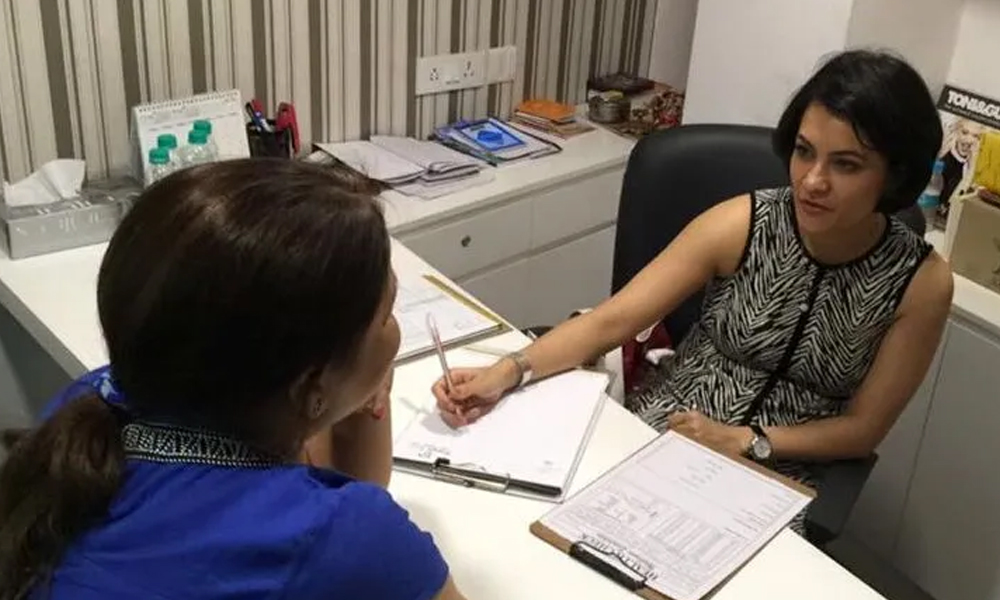
Healthcare sector has evolved tremendously and is just not restricted to hospitals, nursing homes and clinics today. With the various health threats, even typical healthcare providers have evolved to a great extent. Registered nurses, doctors, physicians, dieticians, and other medical professionals are not contained in their titles anymore, as they are pursuing other skills, which includes health & wellness coaching.
With more and more people embracing the unhealthy pattern of life that includes indulging in junk food, lacking physical activities, stress and pressure building, the demand for health coaches is increasing exponentially. They are aimed to help people prevent the development of medical conditions that are direct consequences of their lifestyle choices and to provide assistance to those who are recovering or in the process of managing their chronic medical disease.
Encouraging Active Participation
The key strength of health coaching lies in the partnership and the type of relationship formed between the health coach and the clients. They provide guidance and lead the clients into coming up with their personal health goals by:
- Presenting key information and resources
- Disease-specific knowledge and skills
- Healthy Behaviours
Health coaches are skilled in narrowing down these targets into achievable goals that suit what the body needs. They also guide clients into prioritizing goals, breaking them down into practical steps that work best for the client in terms of progress and completion.
By Eliminating Unhealthy Behaviour
Successful recovery means the ability to completely eliminate damaging habits and behaviours that led to the development of chronic disease in the first place. While physicians, nutritionists, and other medical professionals can treat and recommend nutritional meal plans to immediately correct irregularities in the glucose level, blood pressure, or cholesterol levels, if the behavioural change is not ensured, restoration of good health is less likely.
Good health coaches combine the science of exercise and weight management with the art of coaching and communication to deliver effective messages to clients make meaningful changes that can be maintained for life. Two commonly used techniques are:
- Motivational interviewing: This is the art of indulging with the patient using communication techniques such as open-ended questions, affirmations, reflections and summarised statements.
- Cognitive coaching: Cognitive coaching involves helping client challenge potential negative beliefs that lead to disruptive behaviours.
Health coaches are in a unique position compared to doctors and nurses as they continue and strengthen their connection with the patient even after hospitalization. They actively extend care outside the medical facility and integrate into the patient’s life. This continuity requires the establishment of rapport and the constant availability for coaching and monitoring to guarantee that the patient is indeed on the right track towards self-management.
Ensuring Emotional Well-being
Emotional well-being plays a crucial role in the recovery and survival of patients who are going through physical illnesses. It has been stressed by the medical researchers that there is a strong link between the mind and body, especially when health is compromised. Through this premise:
- Health coaches assume the role of a motivation coach and offer emotional support through positive psychology and other effective approaches for patients who are recovering from a chronic disease.
- Health coaches help patients develop the right mindset and mental attitude and teach coping mechanisms towards their condition.
- They guide the patients in uncovering emotional issues that influence lifestyle choice and lead the client in addressing these issues through a healthier alternative.
- Health coaches take interest and involvement in the recovery tangent of the patient.
Bridging the Gap Between the Patients and Doctors
The role of a doctor or physician with the patient is crucial but only to a certain extend. They are to diagnose and prescribe the medication to the patients but mostly are not a part of their recovery process. Even the nurses and nutritionist could just recommend the ultimate meal plan to help one achieve optimum health but can’t ensure if one is following the prescribed path or not.
This gap between the patient and clinician, especially outside the four walls of the clinic or hospital, often becomes a devious window for untamed habits to sneak into and practically shatters the efforts of the healthcare providers. Fortunately, this is where health coaches come in. Health coaches help patients to take medication and keep monitoring the health graph of the patients.
How To Become a Health Coach
Weljii offers health and wellness programs that weigh on teaching the neuroscience of coaching to all. We offer health and wellness coaching services and programs for individuals and organizations for sustainable lifestyle habit change focused on preventive health and proactive wellness.
Weljii delivers health & wellness training through advanced experiential techniques. Our faculty members are recognized globally for their contributions in the field of wellness coaching. Weljii follows a holistic and integrated approach that helps one understand the neuroscience of coaching. The 100% online programs offered by us provide both experiential learning and international exposure. Learn more about health & wellness certification programs on our website.


